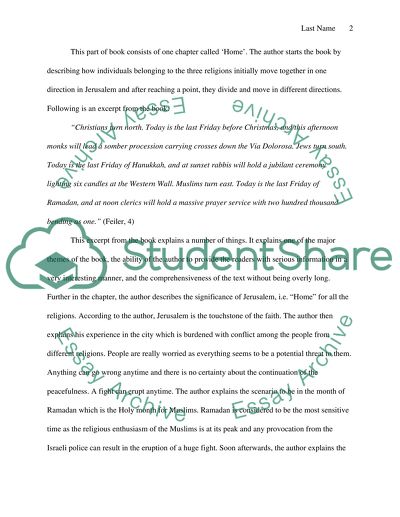Cite this document
(“Abraham: Journey to the Heart of Three Faiths Book Report/Review”, n.d.)
Retrieved from https://studentshare.org/religion-and-theology/1400258-abraham-journey-to-the-heart-of-three-faiths
Retrieved from https://studentshare.org/religion-and-theology/1400258-abraham-journey-to-the-heart-of-three-faiths
(Abraham: Journey to the Heart of Three Faiths Book Report/Review)
https://studentshare.org/religion-and-theology/1400258-abraham-journey-to-the-heart-of-three-faiths.
https://studentshare.org/religion-and-theology/1400258-abraham-journey-to-the-heart-of-three-faiths.
“Abraham: Journey to the Heart of Three Faiths Book Report/Review”, n.d. https://studentshare.org/religion-and-theology/1400258-abraham-journey-to-the-heart-of-three-faiths.


